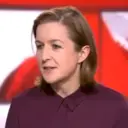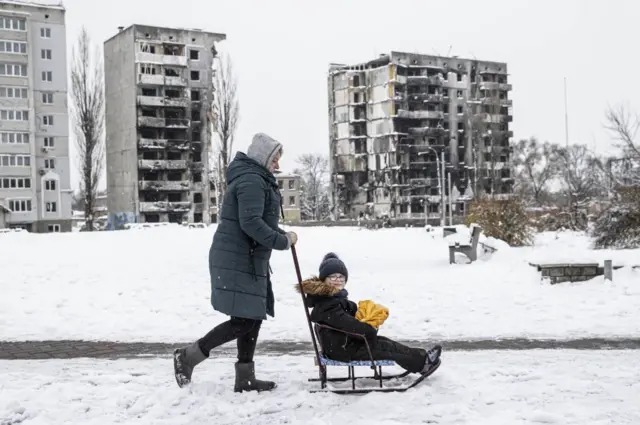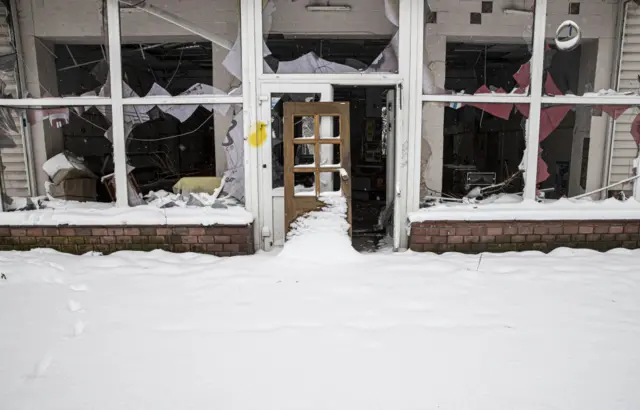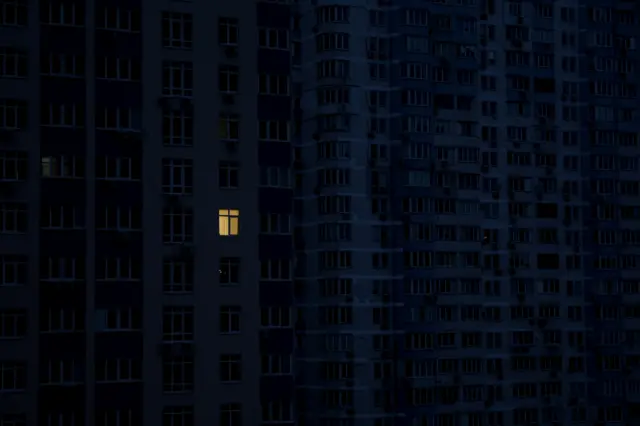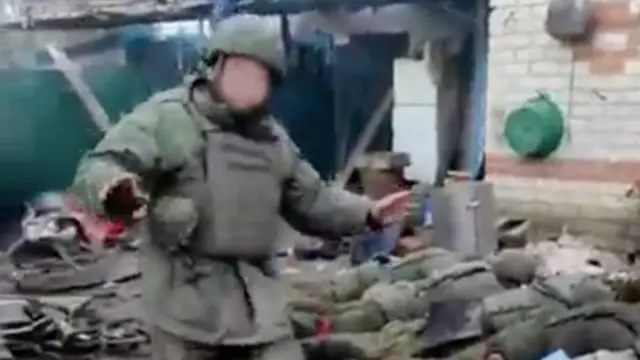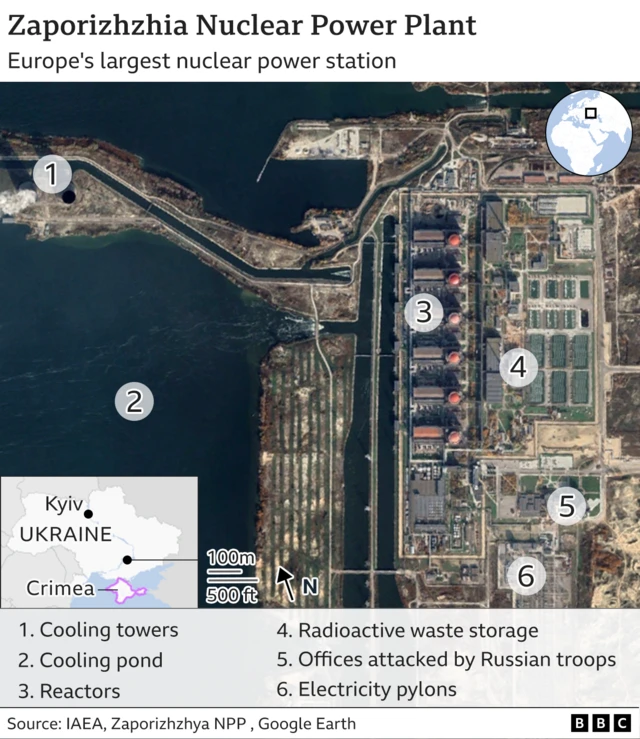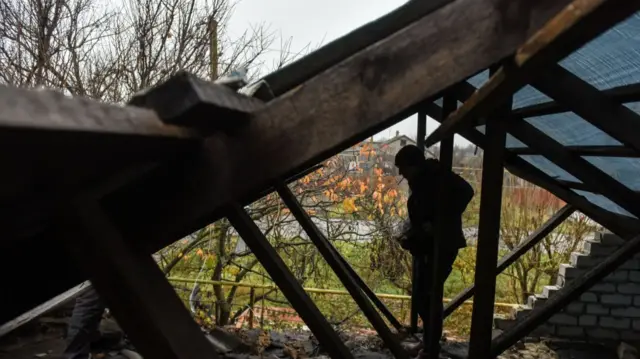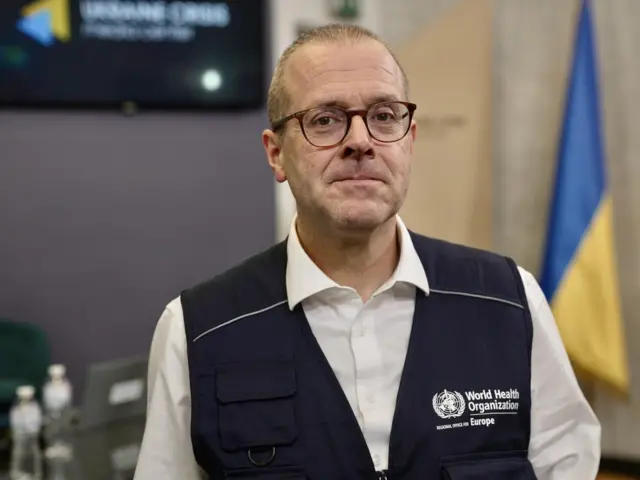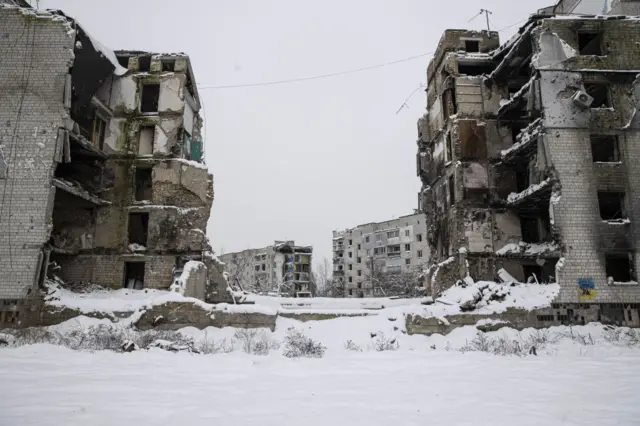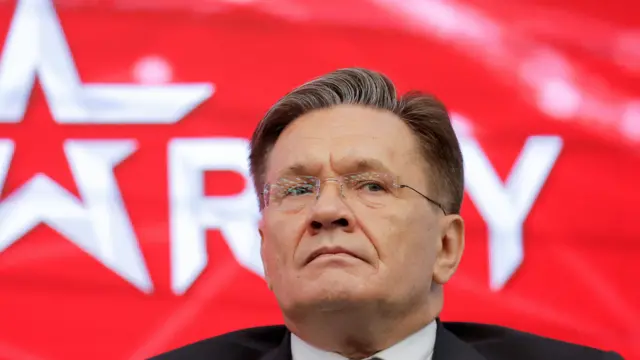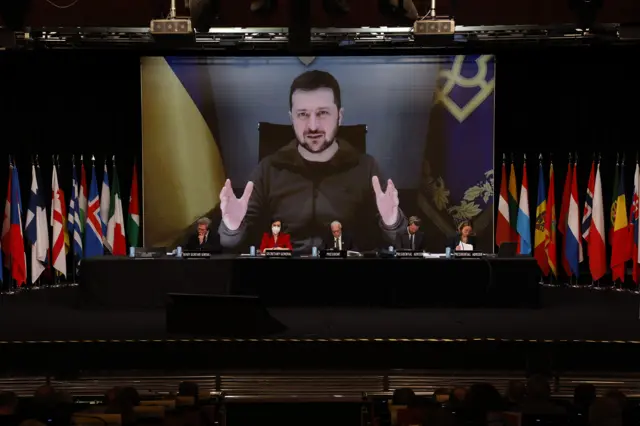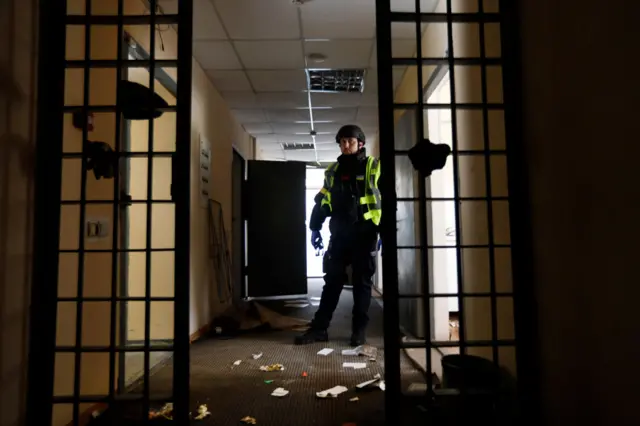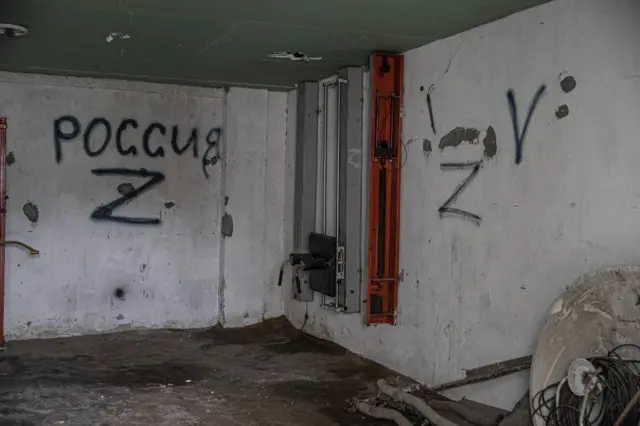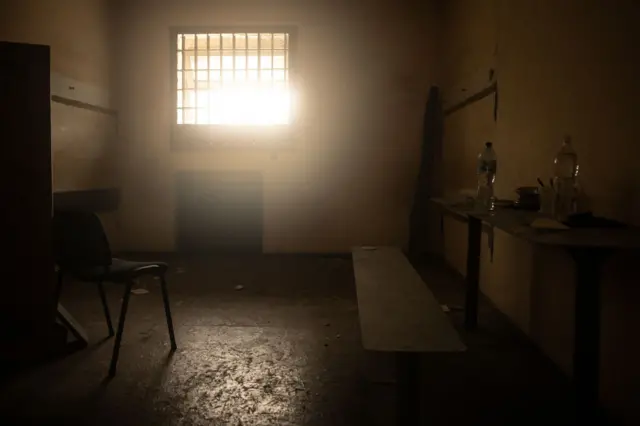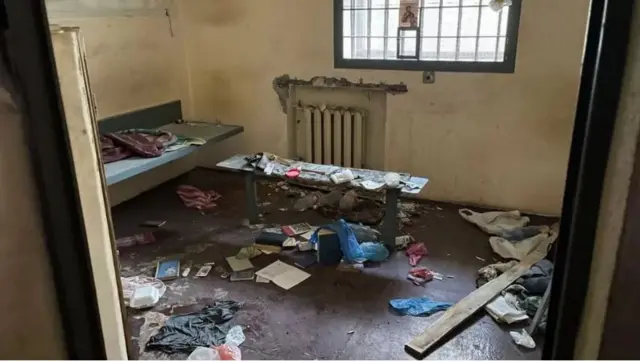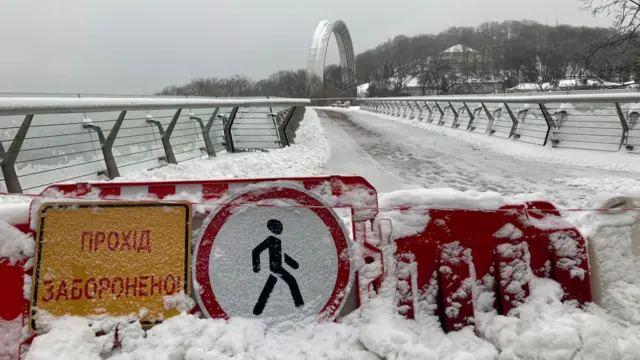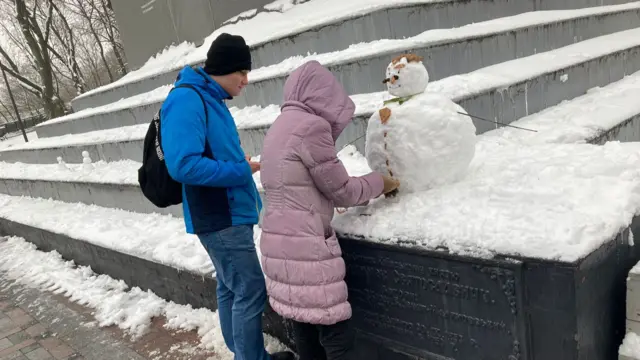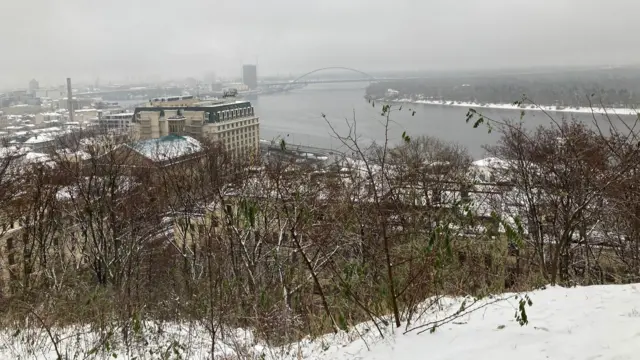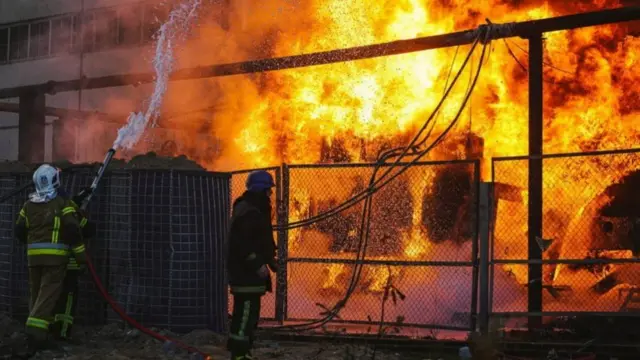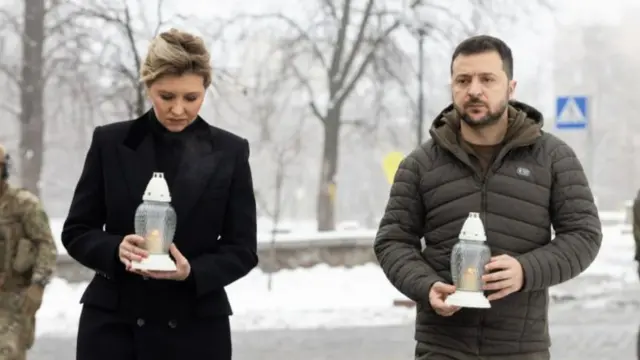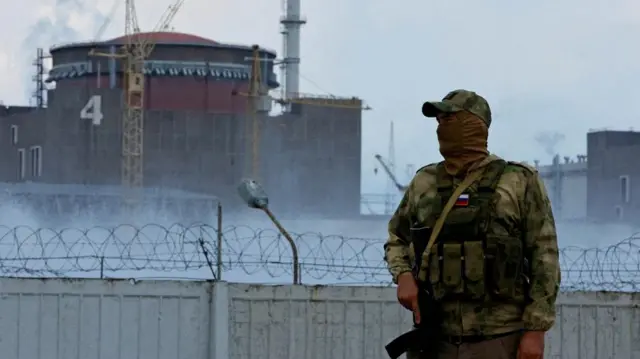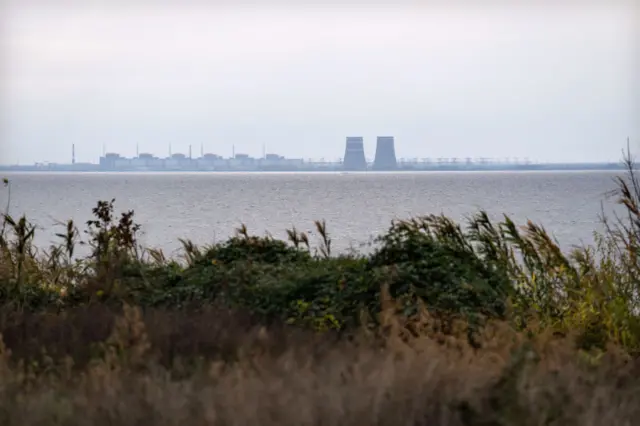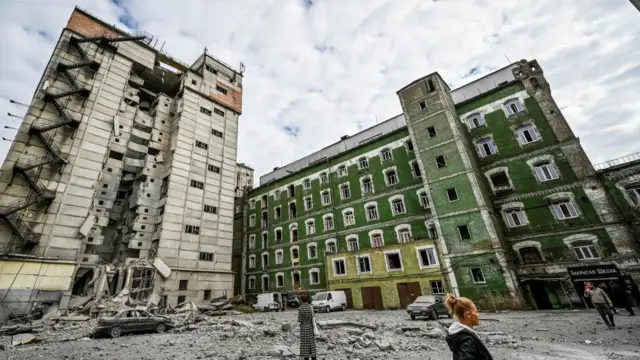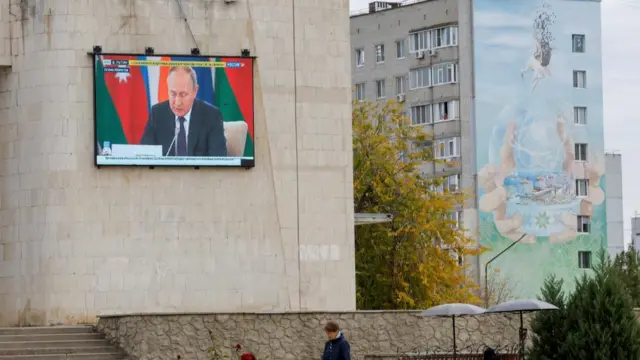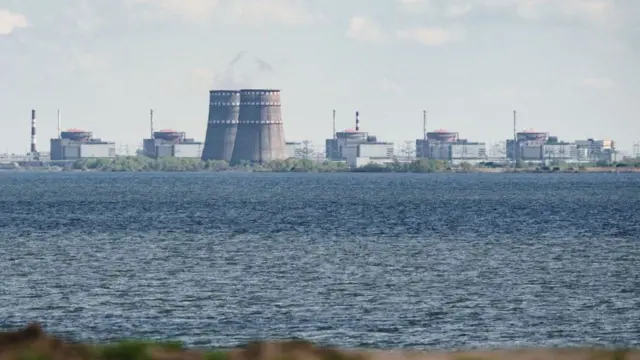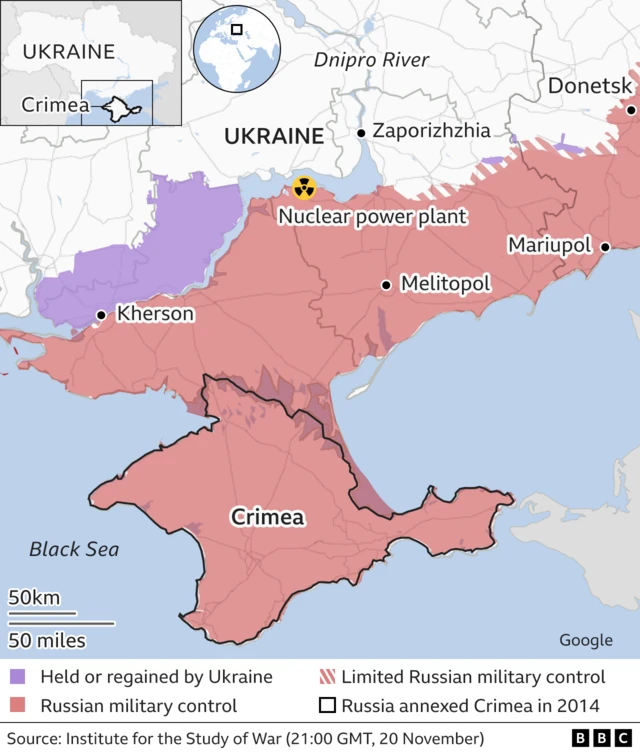What's been happening?published at 17:52 GMT 21 November 2022
We'll be pausing our live coverage of the war in Ukraine shortly. But before we go, here's a recap of today's main developments:
- The Europe director of the World Health Organisation (WHO) said the UN health body had documented more than 700 attacks on health infrastructure since Russia’s invasion of Ukraine began
- Speaking in Kyiv, Dr Hans Kluge called the attacks a “breach of international humanitarian law and the rules of war” and warned that millions of Ukrainians would face "life-threatening" conditions over the winter
- Dr Kluge called for a “humanitarian health corridor” to ensure supplies can reach those who need them most, and said that the only sustainable solution for Ukraine’s health system was for the war to be brought to an end
- Earlier, Ukrainian prosecutors gave details of what they found in four alleged torture chambers in Kherson after Russian troops left the city
- They say people were “brutally tortured” and that batons, bullets and an electrocution device were discovered – though Russia denies committing abuses during its invasion
- Elsewhere, UN experts were today due to assess damage around the Zaporizhzhia nuclear power plant, following renewed shelling in the area over the weekend. Russia and Ukraine both blame each other for the attacks
Today's coverage was brought to you by Nathan Williams, Emily McGarvey, Marita Moloney, Aoife Walsh, James FitzGerald, Laura Gozzi, Oliver Slow, Chris Giles and Malu Cursino.
